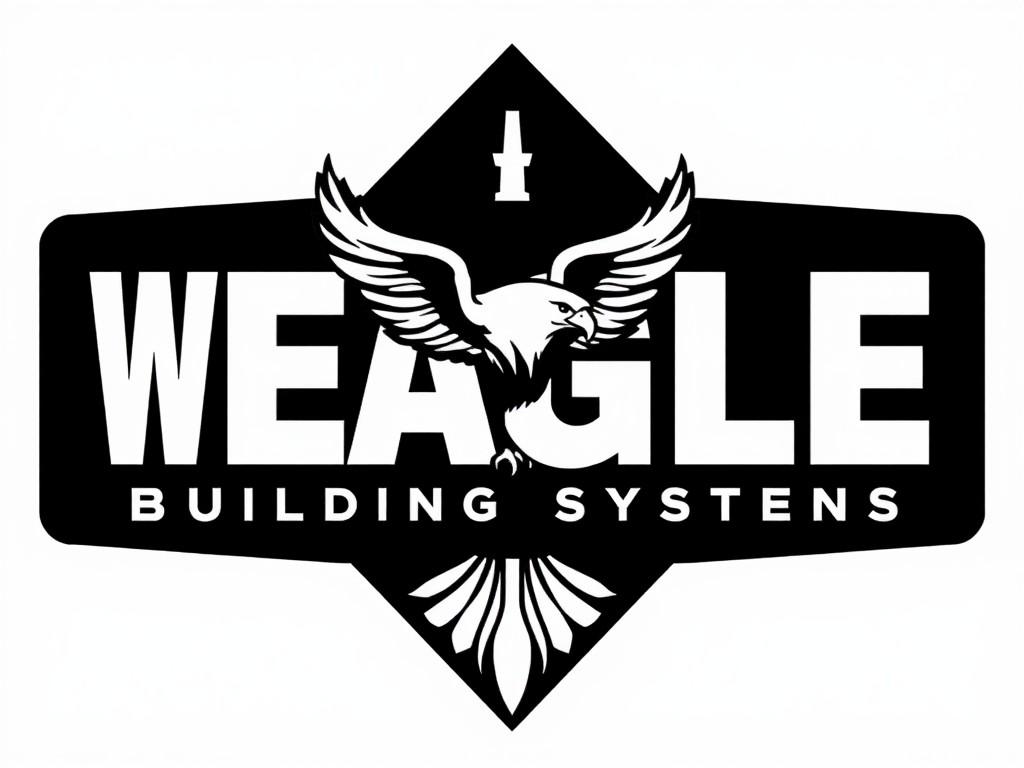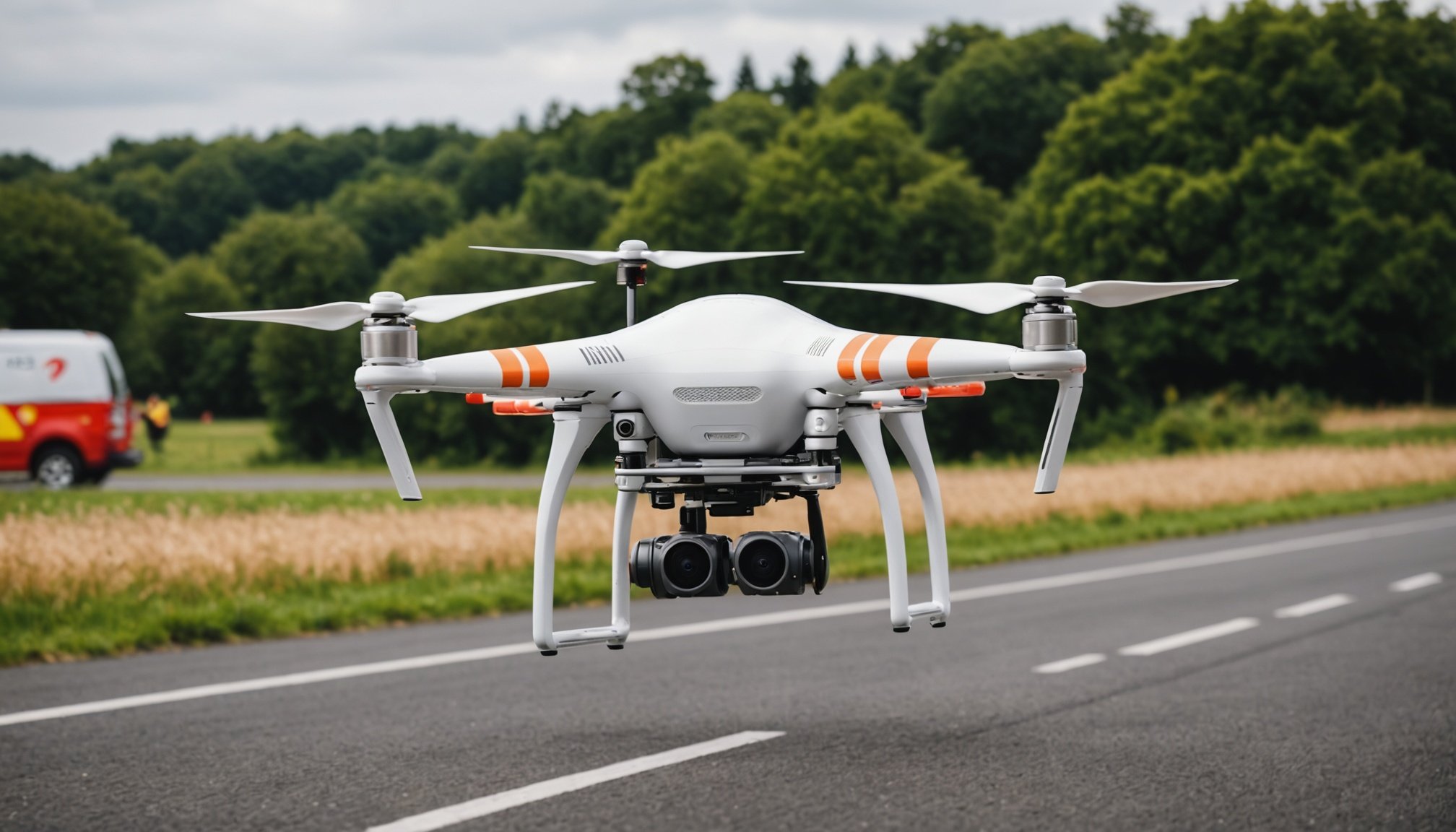Overview of Drone Delivery Services in the UK
Drone delivery services have experienced a remarkable evolution, transforming the UK logistics landscape. Initially, drone technology was primarily used for hobbyist activities and military applications. However, as technological advancements flourished, the potential for drone delivery within the commercial sector became quite promising. Over time, these flying innovations shifted into the mainstream, enticing logistics companies to explore drone capabilities for improving operational efficiency.
Today, the UK logistics sector is integrating drones not only for package deliveries but also for other applications, marking a substantial shift in traditional logistics strategies. The deployment of drone technology facilitates swift, efficient delivery services in both urban and rural areas. Drones excel in manoeuvring through challenging terrains and congested cityscapes, areas where traditional vehicles may underperform.
Also to discover : Unlocking the Advantages of Smart Grid Technology for Enhanced Energy Distribution in the UK
The benefits of incorporating drone delivery into logistics operations are noteworthy. Drones offer faster delivery times, reduced carbon footprints, and the capability to reach remote areas with ease. They also pave the way for flexible, on-demand delivery services, enhancing customer satisfaction and driving the logistics industry towards a greener future. As the regulatory landscape evolves, UK logistics will continue to witness greater integration of this cutting-edge technology into their delivery frameworks.
Key Trends Shaping Drone Delivery Services
Drone delivery is an evolving field that’s reshaping logistics globally. Among the prominent trends in drone delivery is the integration of AI and autonomous systems. This technological advancement enhances efficiency, enabling drones to navigate complex environments with minimal human intervention. With autonomous drones, companies achieve more accurate and faster delivery, meeting rising consumer expectations.
Additional reading : 2023 Breakthroughs in Anti-Aging Research: What the UK Discovers
The emergence of e-commerce has significantly spurred the rise of drone delivery services. As online shopping grows, consumers demand quicker shipping options, pushing retailers to adopt innovative delivery solutions. Drones are aptly positioned to meet these demands, reducing delivery times and costs.
Collaboration is key in this sector. Partnerships between logistics companies and drone manufacturers are crucial. These alliances foster the development of innovative technologies and specialised drones tailored for specific delivery environments. For instance, logistics giants collaborating with drone tech firms can streamline processes, ultimately offering enhanced delivery services.
Emerging technologies and logistics innovations are driving the transformation of traditional delivery methods. By integrating advanced systems and forming strategic partnerships, the industry positions itself to revolutionise how goods are delivered, addressing new-age consumer demands efficiently.
Case Studies of Successful Drone Delivery Implementations
Exploring instances of successful drone delivery implementations can highlight their transformative potential in various sectors. Let’s dive into how major retailers, healthcare, and urban logistics have harnessed drone technology to revolutionise delivery services.
Case Study 1: Major Retailer Initiative
A prominent retail giant embarked on a drone delivery initiative to enhance logistics efficiency and customer satisfaction. By integrating drones into their last-mile delivery phase, they significantly reduced delivery times, offering near instantaneous gratification for customers. This initiative demonstrated drones’ potential to complement traditional logistics systems without completely replacing them.
Case Study 2: Medical Supply Deliveries
Drones have proved invaluable in healthcare, notably in delivering urgent medical supplies to remote areas. A pioneering project saw drones delivering vaccines and medications swiftly over challenging terrains, ensuring patient safety and care continuity, which was previously hindered by geographic barriers. Enhanced reach and rapid response times were standout achievements.
Case Study 3: Urban Delivery Trials
Urban settings present a unique opportunity for drone delivery. Trials in densely populated areas tackled challenges like navigating skyscrapers while maintaining public safety. The trials successfully achieved smoother traffic and reduced environmental impact, providing a sustainable alternative to conventional delivery methods. These trials inform future urban logistics strategies.
Regulatory and Ethical Considerations
Navigating the Drone Regulations in the UK is crucial for businesses aiming to integrate unmanned aerial vehicles (UAVs) into their operations. The UK’s regulatory framework is primarily governed by the Civil Aviation Authority (CAA), which mandates rules such as compulsory registration and training for operators. Companies face hurdles in understanding and ensuring compliance with these regulations, which can change rapidly and vary based on drone size and usage.
Moreover, the Ethical Implications of drone usage warrant thorough consideration. Concerns about privacy are particularly significant, given drones’ capability to capture images and videos from above. Businesses must implement practices to protect individuals’ privacy rights and remain transparent about data collection.
On the topic of Industry Standards, aligning with best practices is increasingly vital. These standards not only promote safety and efficiency but also foster public trust in drone technologies. As the industry matures, there are growing calls for a unified set of guidelines that address both operational safety and ethical use of airspace.
In summary, balancing compliance with drone regulations while addressing ethical concerns is essential for responsible drone operations.
Technological Innovations Driving Drone Delivery
The world of drone technology is rapidly evolving, fueled by significant innovations and promising future developments.
Advancements in Drone Design
Recent innovations in drone design have focused on improving efficiency and versatility. Drones are now equipped with lighter materials and more aerodynamic structures, enabling longer flight times and increased payload capacities. These design enhancements have broadened their applicability across various industries, from delivery services to emergency response.
Enhancements in Navigation and Safety
Navigation systems within drones have seen transformative change. With the integration of advanced GPS and AI technologies, drones now navigate more precisely and autonomously. Improved sensors enhance obstacle detection and avoidance, boosting overall safety and reliability, especially in complex urban landscapes. These enhancements make drones not only faster and more efficient but also safer in their operations.
Role of Drones in Smart Cities
In smart cities, drones are set to revolutionise urban logistics. Key innovations facilitate seamless integration of drones into city management systems, allowing for real-time delivery tracking and data collection. As urban areas continue to grow, drones offer promising solutions for managing congestion and ensuring efficient deliveries, thus playing a pivotal role in the future of urban transportation.
Future Prospects and Challenges for Drone Delivery
The future of drone delivery in the UK is laden with intriguing potential, showing a projected market growth that could revolutionize logistics. Analysts predict exponential growth in this market, with major players like Amazon already investing heavily. The convenience of drones could redefine delivery efficiency, catering to instant gratification culture prevalent in modern societies.
Yet, the road to such transformation isn’t straightforward. Industry challenges present significant hurdles to the widespread adoption of drones. Regulatory frameworks are still evolving, with aviation safety and privacy concerns being at the forefront. Technological limitations such as battery life and weather resistance also require innovation before drones can become a ubiquitous delivery method.
Over the next decade, seamless integration of drone delivery with existing infrastructure is expected. As technology advances, we could witness logistics transformation through improved drone designs and more robust regulation. Enhanced efficiency and cost-effectiveness could potentially make drones the norm for last-mile deliveries. Solutions to current obstacles, such as the development of better batteries and refined air traffic management systems, could facilitate this progress. While challenges exist, the potential benefits for the drone delivery industry are vast, promising an exciting evolution in the logistics sector.











